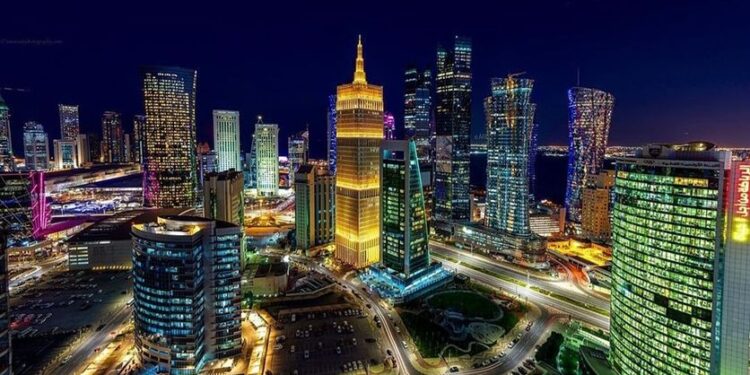Qatar continues to make notable progress in advancing its circular economy and recycling systems, underlining its strong commitment to environmental sustainability and resource efficiency.
At the heart of these efforts is the Domestic Solid Waste Management Center (DSWMC) in Mesaieed, one of the largest waste management facilities in the Middle East. Spanning three square kilometres, the center processes around 828,000 tonnes of household waste annually—an average of 2,300 tonnes per day.
In 2024, the DSWMC converted waste into 277,000 megawatt-hours of electricity, helping power both the facility and the national grid. The center also produced over 40,000 tonnes of fertilizer from green waste originating from farms, afforestation projects, public green spaces, and wood industry waste, improving soil health and maintaining optimal moisture levels.
Strategic Plans for 2024–2030
As part of its 2024–2030 strategy, the Ministry of Municipality has launched the National Integrated Solid Waste Program, which includes:
Designing and building a new engineered landfill
Closing and rehabilitating old landfill sites
Promoting waste segregation at the source
Increasing the proportion of recycled materials
These steps support Qatar’s environmental goals and long-term sustainability in line with Qatar National Vision 2030.
Al Afjah: A Hub for Recycling Industries
To expand the private sector’s role in recycling, the ministry has designated 51 plots in Al Afjah, located in the Mesaieed Industrial Area, about 40 km south of Doha. Al Afjah is being developed as a national hub for recycling industries and public-private collaboration.
Permitted recycling activities in Al Afjah include:
Oil, plastic, tyre, wood, metal, glass, and cloth recycling
Electronic waste and battery recycling
Recycling of medical and construction waste
Organic cement production
The Ministry is also supplying recyclable materials to factories to support efficient recycling operations and further embed circular economy principles into industrial practices.
Waste Sorting at Source Program
Qatar is implementing the Waste Sorting at Source program to streamline waste separation across the country. The program involves the phased distribution of containers for recyclable and organic waste, starting in Doha, and expanding to other municipalities through 2027.
2025: Full coverage of households in Doha
2026: Expansion to Umm Salal, Al Daayen, Al Khor, and Al Shamal
2027: Coverage in Al Rayyan, Al Wakrah, and Al Sheehaniya
The program aims to reduce landfill volumes, increase recycling rates, and raise public awareness about the environmental and economic benefits of waste separation.
Public Awareness and Zero Waste Initiatives
The Ministry is also leading public awareness campaigns such as the Qatar Zero Waste initiative, and regularly hosts conferences and exhibitions to promote recycling and environmental responsibility.
Through its integrated approach to waste management, infrastructure development, and public engagement, Qatar is positioning itself as a regional leader in sustainability and circular economy practices.
Source: The Peninsula























































